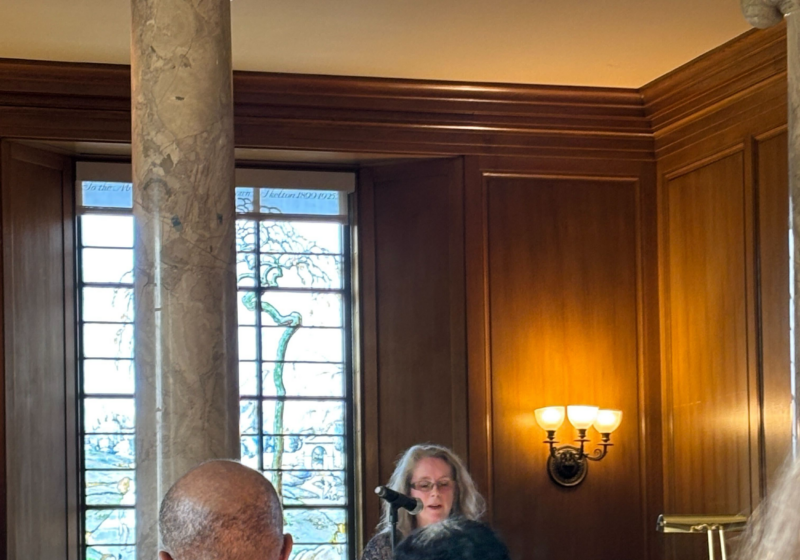After a proposed spending cut and three-year dissolution plan this past February, the Laboratory of Laser Energetics (LLE) is now backed with $80 million in federal funding ― the highest ever since its establishment in 1970.
LLE scientists at UR are now filled with hope and renewed vigor, looking to make lasting contributions to the science community.
”The increase in funding for inertial confinement fusion in general is tremendous for the science community,” UR Professor Dr. Froula said. “This level of funding will allow LLE to aggressively pursue some new areas of research that have long-term implications.”
Future funding, however, is not always guaranteed. The LLE often relies on contributions, research, and experiments from the laboratory’s workers in addition to other terms and conditions set by government and/or private investors in order to earn its stay.
“In the world of federal funding, we are used to uncertainty,” Froula said.
Although the lab’s future levels of funding remain uncertain, some professors argued the national funding was a step in the right direction.
“I expect that this is a harbinger of things to come,” UR Professor Dr. Blackman said. “That is, the one-year commitment, being an increase, suggests optimism for longer-term commitment from funding agencies to sustain the and expand research excellence that has been sustained for decades at the LLE.”
Froula echoed Blackman’s comments, adding that the funding would help the community regain confidence in the LLE after the proposed phase-out.
“The confidence that Congress and [National Nuclear Security Administration] have put in LLE with the increased funding is tremendous and a recognition of the exciting and important work that LLE is doing for the Nation,” Froula said. “The fact that the Congress and NNSA have awarded the highest level of federal funding to the program will help combat the misconception that the funding-cut threat introduced.”
With the possibility of further combating this misconception, many scientists like Blackman see the tremendous potential for economic growth in local communities.
“I think many folks may not realize that the LLE puts UR on the map as one of the top few institutions in the world in high energy density plasma physics and laser-plasma interactions,” Blackman said. “This allows attracting some of the very best students and scientists in these fields to Rochester, not to mention the associated economic benefits to the community of doing so.”
The LLE continues to distinguish itself today, with former researchers Donna Strickland and Gérard Mourou being awarded the Nobel Prize for Physics for their contributions to state of the art-laser technology.
“With this funding, I am proud to say that the LLE will continue to serve as the largest university-based U.S. Department of Energy program in the nation and home to the largest and most powerful laser systems found at any academic institution in the entire world,” President Richard Feldman said.





